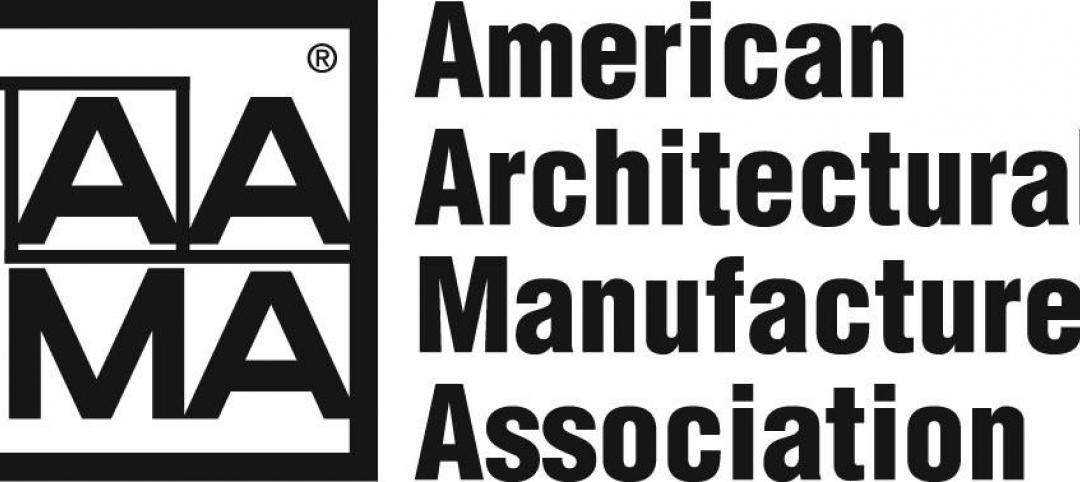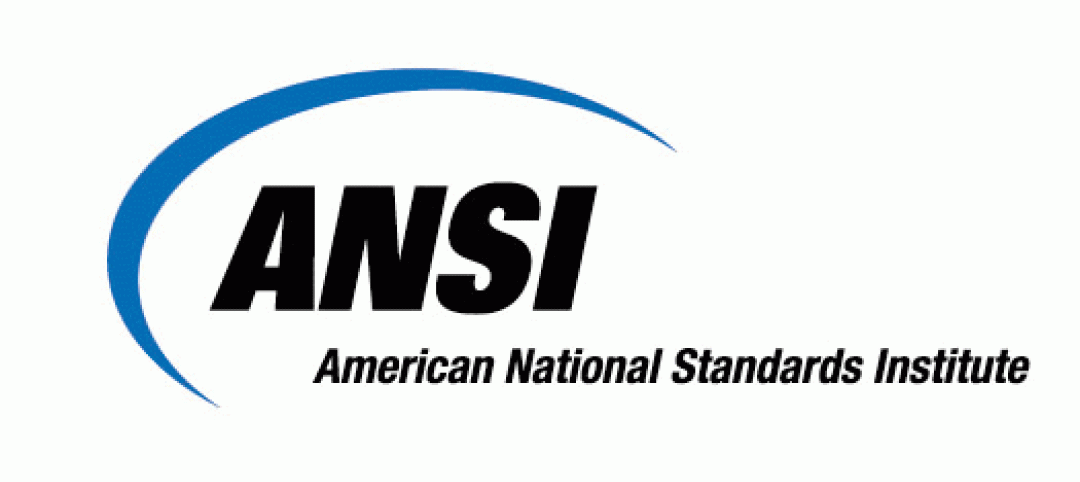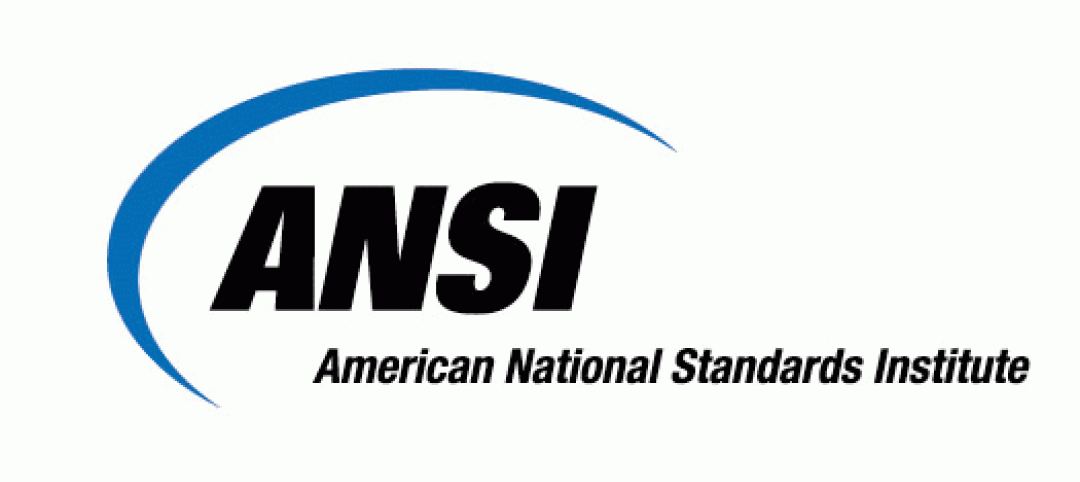The International Code Council (ICC) stripped the rights of local governments to vote on provisions of new versions of the International Energy Conservation Code (IECC).
The move could make it harder for cities to reduce their greenhouse gas (GHG) emissions within building sectors. The ICC’s new code development system gives the construction and gas industries more control by replacing localities’ voting power with a new process that still factors in local-level input, but gives industry groups more say in the end result of code development.
States typically adopt the ICC’s most recent standards for their building codes. If new code versions are less ambitious in promoting energy efficiency and cutting GHG emissions, cities are likely to adopt less stringent state codes.
More than 200 organizations and individuals submitted comments to the ICC surrounding its decision to end government voting, with 75% of those comments opposed to the action.
Related Stories
| Nov 16, 2012
AAMA publishes quality assurance guidelines for Polyamide Thermal Barriers
The American Architectural Manufacturers Association (AAMA) has published QAG-2-12, Voluntary Quality Assurance Processing Guide for Polyamide Thermal Barriers.
| Nov 16, 2012
New ANSI/BIFMA standards developed for educational seating
The American National Standards Institute (ANSI) has approved the newly developed safety and performance standard for educational seating: ANSI/BIFMA X6.1-2012—the first of its kind.
| Nov 16, 2012
Green building councils in 62 countries expect 60% of their work to be green by 2015
More than half of the respondents to a survey of members of the Green Building Council in 62 countries expect green projects to comprise 60% of their work by 2015.
| Nov 16, 2012
Voters approve fewer construction ballot measures in 2012 than in 2008
Voters passed fewer ballot measures related to construction projects this year than they did in 2008, according to an analysis by the Associated General Contractors of America.
| Nov 9, 2012
New ANSI/BIFMA standard adds point for lower formaldehyde emissions
The ANSI/BIFMA e3-2012 Furniture Sustainability Standard now includes an additional point for furniture products that meet a new, lower formaldehyde emissions limit.
| Nov 9, 2012
Higher bar on LEED may not be harder to reach
The U.S. Green Building Council expects to substantially revise LEED next year, requiring builders beginning in 2015 to take new and more-detailed steps to get buildings certified.
| Nov 9, 2012
CSI’s sustainability practice group offers webinar on EPA's WaterSense Program
The Construction Specification Institute’s sustainability practice group is offering a webinar Nov. 20 on EPA’s WaterSense Program, featuring Lynn Gilleland, drinking water specialist with EPA’s New England office.
| Nov 9, 2012
Mayor in Calif. wants to expedite permits for $1B worth of projects
The mayor of San Jose, Calif., plans to issue new construction permits worth an estimated $1 billion in the next six months to spur job creation and create revenue for the city.
| Nov 9, 2012
Jury awards N.Y. roofer $2 million for injuries after construction site fall
A roofing worker from Cortland County, N.Y., has been awarded $2 million in damages due to the injuries he sustained from a 60-foot fall at a dormitory construction site.
















